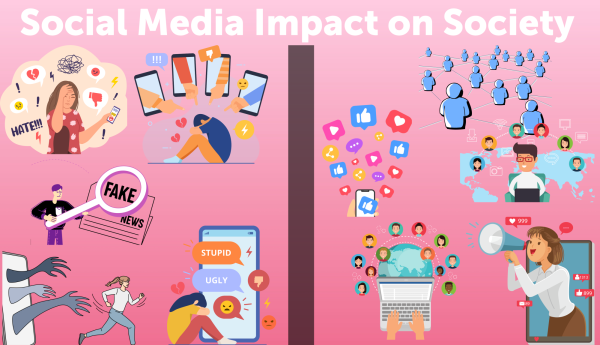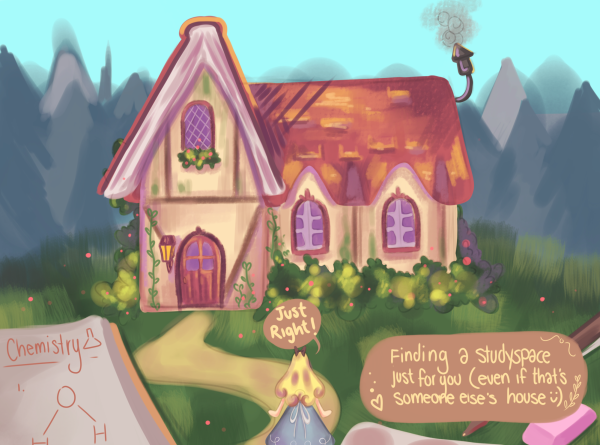Anonymity: A Curse On The Internet
The internet is a key place for students to research, stay connected with friends and express themselves in a way that can be different from real life. With all these benefits to the anonymity that the online world brings, negative consequences such as not being able to identify dangers on the web will be damaging to the students.
Lars Plougmann (via Creative Commons license)
Students are exposed to the internet in grades as early as kindergarten, revealing the world of the web to them. The internet’s anonymity would be harmful for their developing brain, preventing them from seeing the dangers that come from it — dangers such as not being able to identify which information is correct, if the site they are on is harmful or not, and what people to stay away from on the web.
February 3, 2022
Anonymity is something a friend of mine took for granted, a shield hiding them from the rest of the world. They took it as an opportunity to be toxic and negative. To some extent, it makes sense why people interact with others differently online than in real life. The internet has become ingrained into how we communicate, how we share information, and how we stay connected. Anonymity shields us from people trying to steal our data and find where we live, but there is a darker side to internet anonymity that is as important as the positives that the internet brings.
When we talk to someone in person, we mind what we say. This may be because we value what we say or what people think of us. On the internet, though, sites like Instagram, Snapchat, Twitter, and Discord provide anonymity for us behind a screen. Due to the anonymity provided by the web, negative influences of all variations present themselves to a young, impressionable generation of students surfing the internet.
Cyberbullying is the act of harassing or bullying someone using electronic means. According to stopbullying.gov, in 2019 around 16% of students experience cyberbullying of some form between grades 9 -12. These bullies may never be caught, as creating accounts in social media sites such as Twitter and Snapchat takes little time. No personal information may be on the account, making it nearly impossible to find out who owned it. Reporting this account to site administrators may result in them banning the IP, leaving the bully no choice but to stop unless they want to buy an entirely new device to continue. This removed the bully from the problem, but the damage has already been done.
Sophomore Anthony Wooddell is always skeptical of anonymous posts. False information is everywhere on the internet. People can spread fake data or untrue “facts” with total anonymity, and no repercussions will happen because of the ability for the publisher to remain anonymous. “It’s a lot less credible than someone that shows their name and has a title,” Wooddell said. When students go on the internet to discover and learn, they can form uninformed opinions from this false information.
Many impressionable minds use the internet to learn about topics that interest them, socialize with friends and family, and sometimes take a stand on important issues that resonate with them. Anonymity can be a blessing, allowing kids to be safe while voicing their opinions, but it’s a double edged sword, with people being able to provide false information that taints the curious minds of young students.
In the end, anonymity shouldn’t be taken away. Students and adults alike have become ingrained in how the internet works. Taking it away would be too drastic of a change. Instead, we should educate students on how anonymity works, and offer them courses or counselling on the internet, showing them the pros and cons of it, and consequences that can come from it. The more we educate our students about reputable sources and potential predators, the better and safer their future will be.

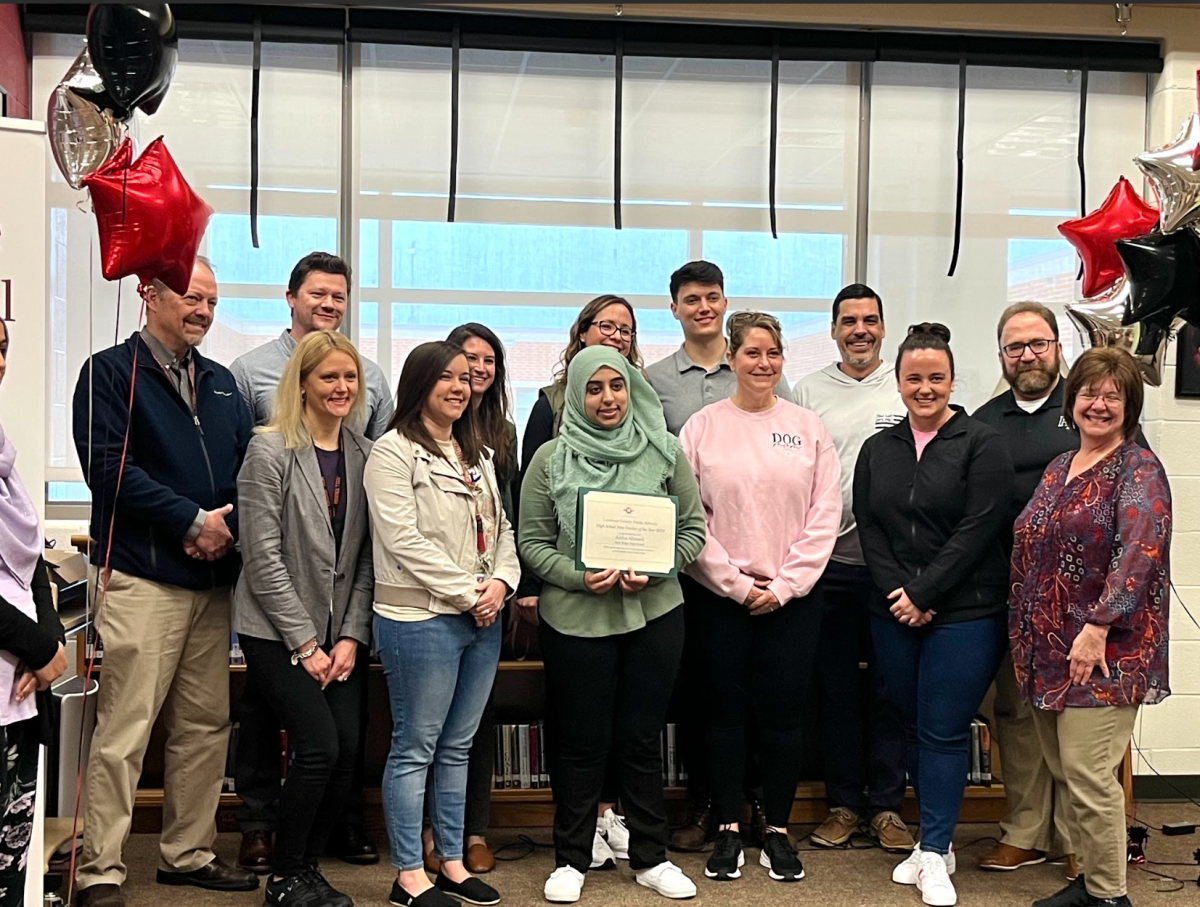

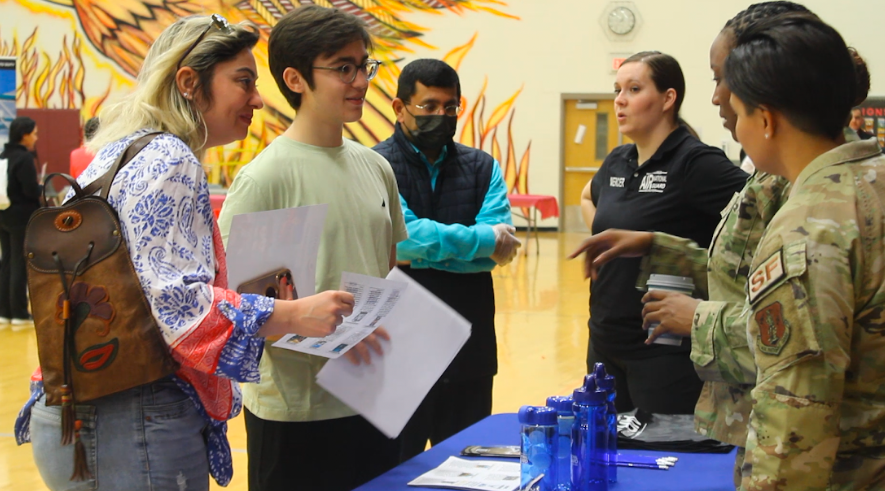
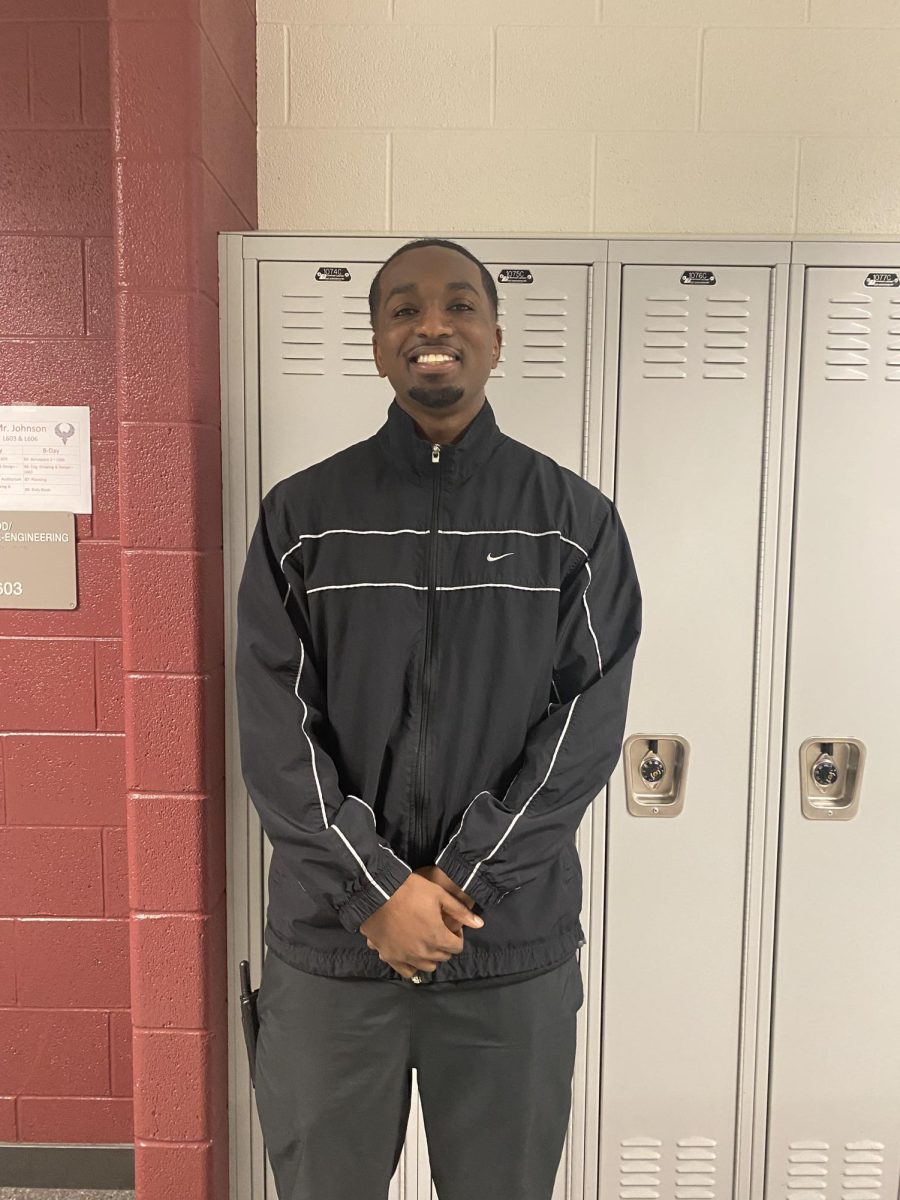
![Standing center stage, senior Ananya Akula conducts the Phoenix Chorale. “[Conducting and teaching] is really fun,” Akula said. “Music education is what I want to do.” On the day of the choir assessment, Akula found out that she received the President’s Music Scholarship – a full ride to the University of Miami Frost School of Music.](https://theblazerrhs.com/wp-content/uploads/2024/04/ananya-1200x800.jpg)

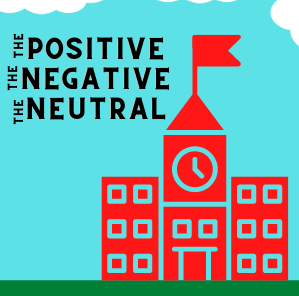

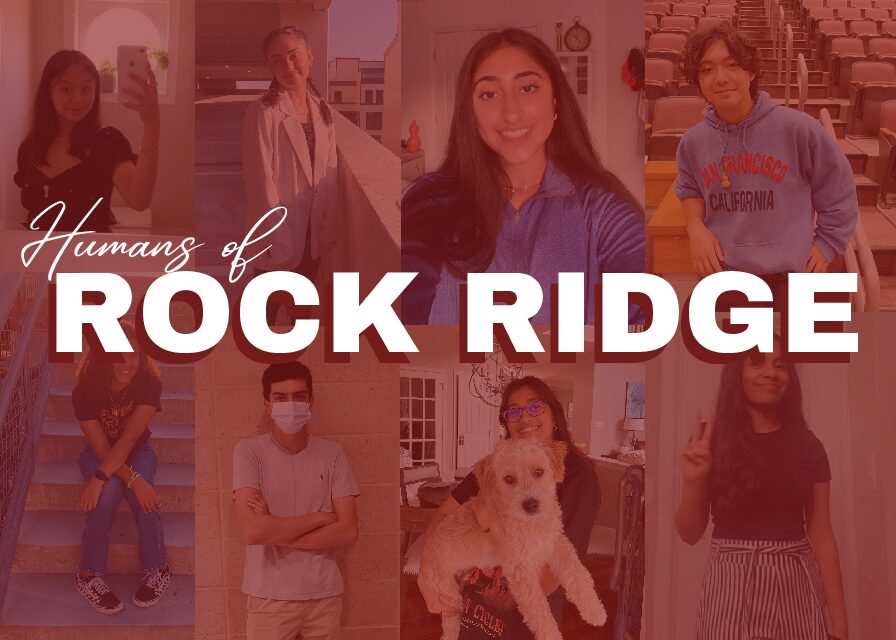

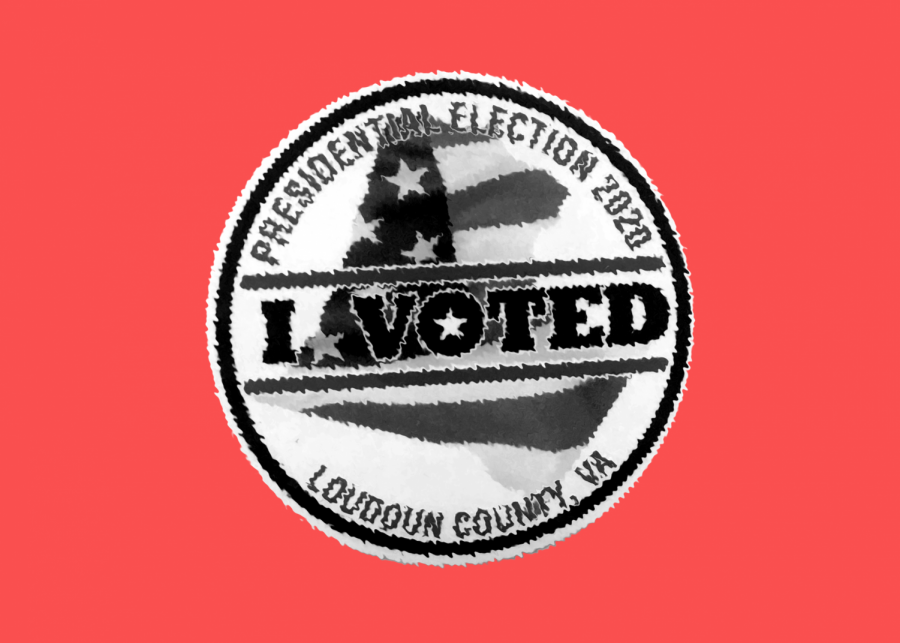
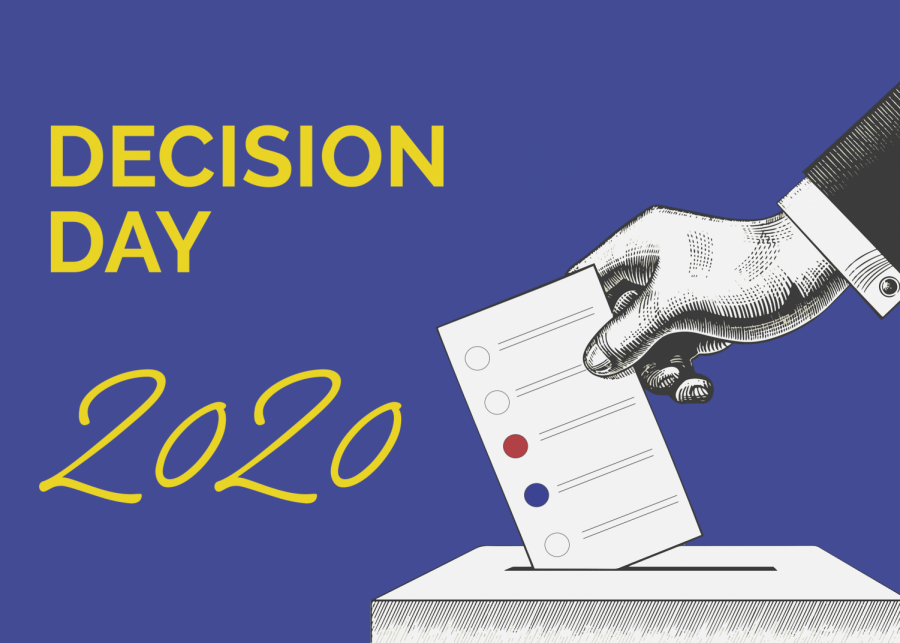



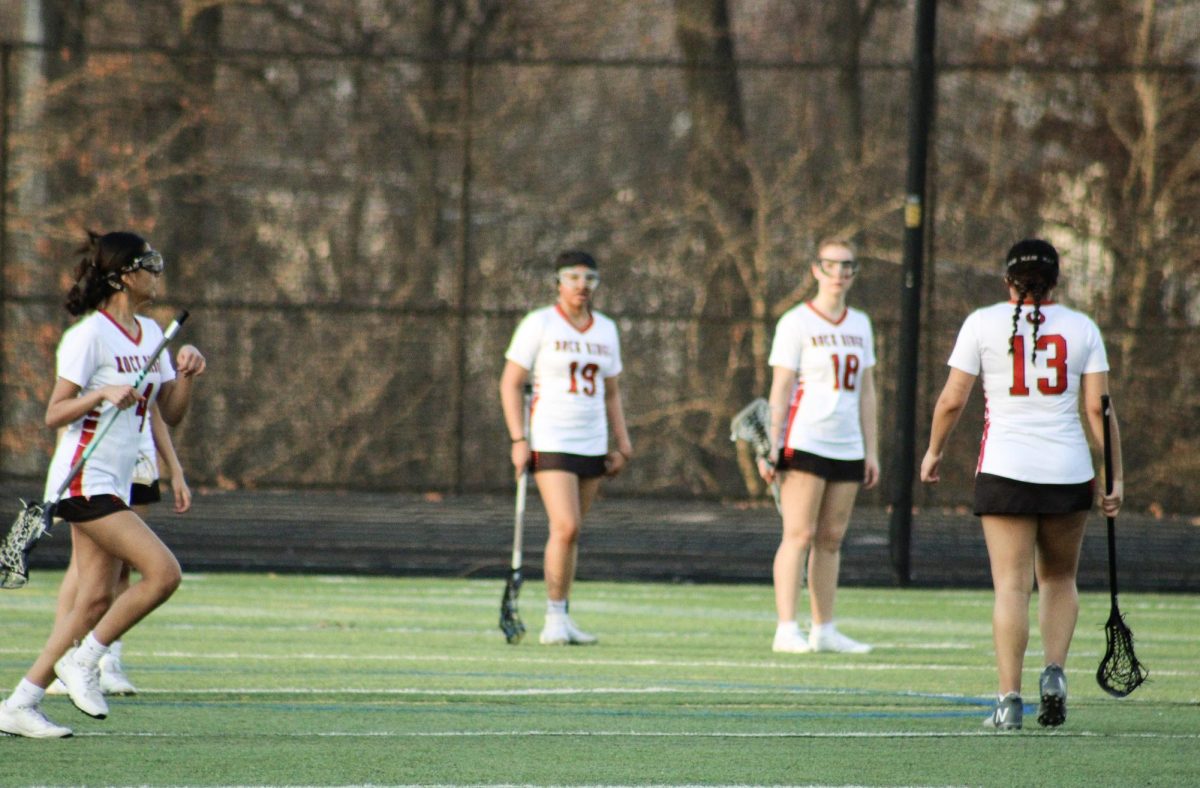
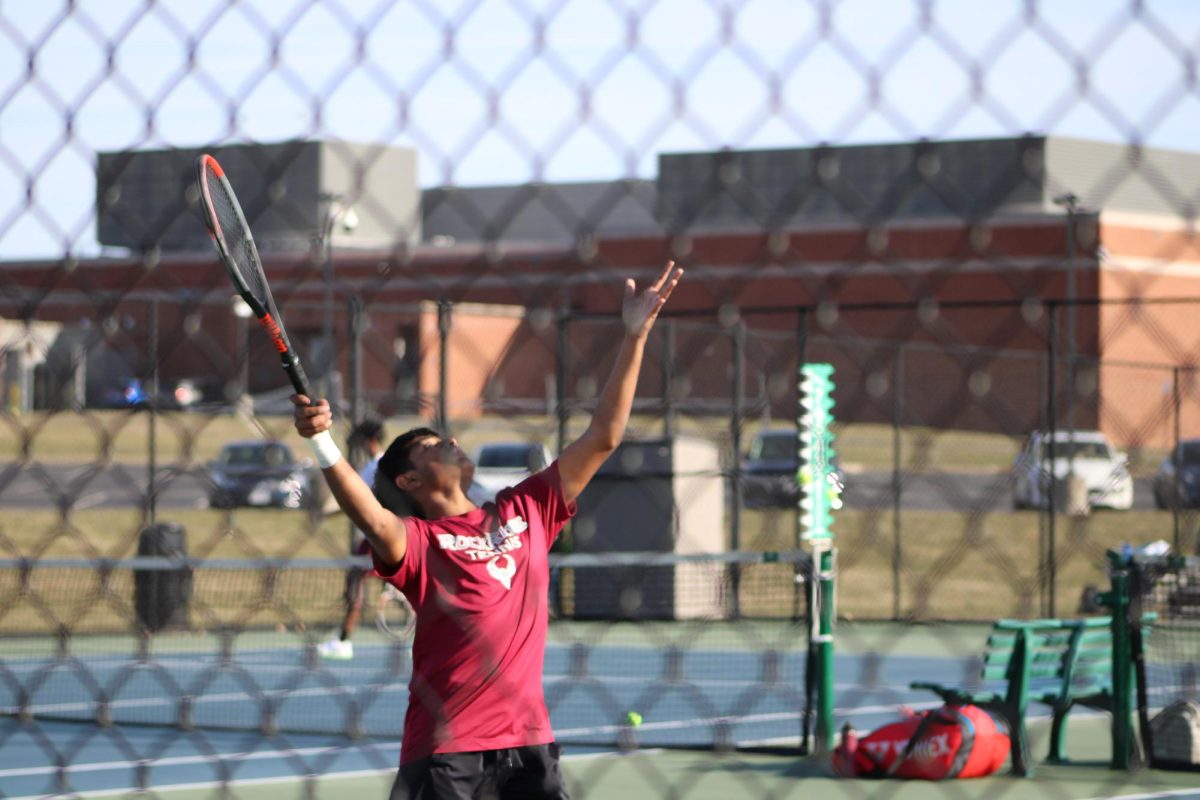
![With the energy and effort the Bolts were bringing to the game, the Phoenix had to step up and match them to make it through their first game of the season. Many of the girls on the team, including freshman Nazly Rostom, have been playing soccer since their childhood and have grown a love for the sport as a result. “It was fun to see how we actually played in a [real] game,” Rostom said. “Even though the outcome was not what we were hoping for, I’m still happy we got to play together.”](https://theblazerrhs.com/wp-content/uploads/2024/04/DSC_0154-1200x800.jpg)
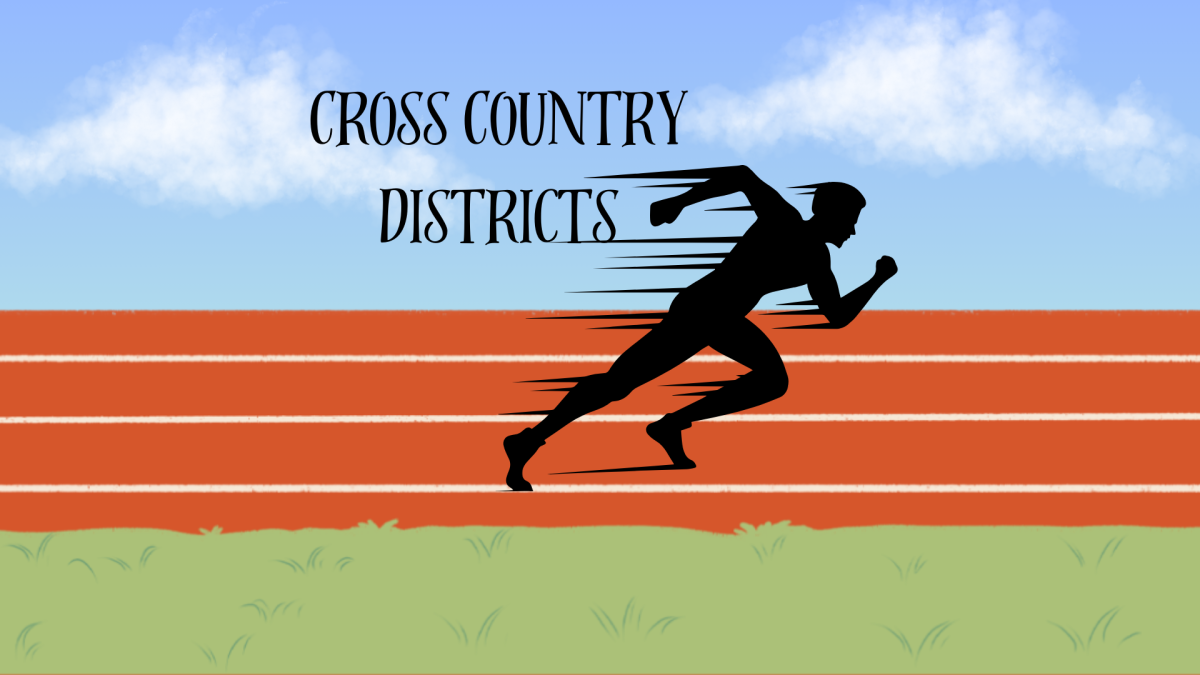

![Held up by a group of cheerleaders, flyer sophomore Leyu Yonas poses as part of a stunt, also supported by flyer junior Shayne Mitchell behind her. (Left) Prior to the pink out football game on Oct. 13, the athletes practiced in the aux gym from 5 p.m. to 6:30 p.m. (Right) On Oct. 19, the cheerleaders competed in their District Championships at Woodgrove High School. “We definitely put all our effort on the mat [at Districts], and it showed,” Mitchell said. Left: Photo by Nadia Shirr. Right: Photo by Steve Prakope via Victor O’Neill Studios.](https://theblazerrhs.com/wp-content/uploads/2023/11/feature-image-1200x823.png)
![Sophomore Xavier Smith (6), the Phoenix quarterback, runs the ball as his teammates help hold up the defense. “My [offensive] line collapses, so I just [have to run], and its a good way to get first downs because [Tuscarora’s] defense was really good,” Smith said.](https://theblazerrhs.com/wp-content/uploads/2023/11/IMG_5383-1200x897.jpg)
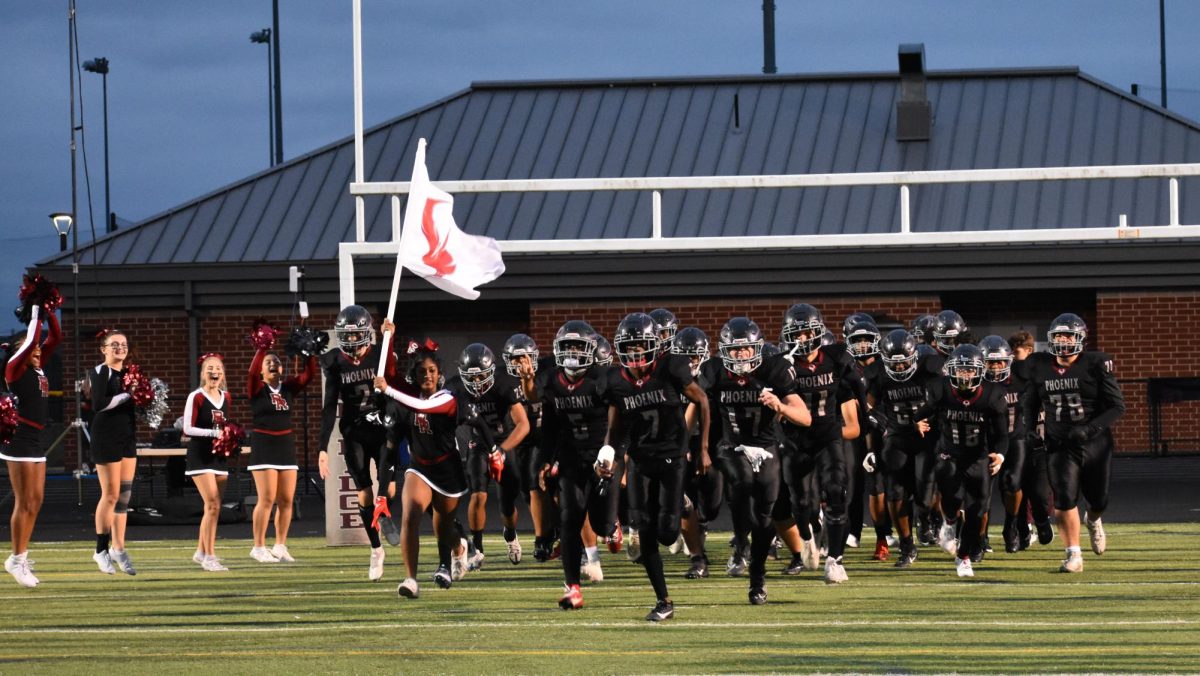


![As the referee throws the ball up for the tip-off, freshman Simone Diby leaps towards the ball to get it in Phoenix possession. Diby is a new member of the Phoenix girls basketball team, and despite it being a change, she finds it enjoyable. “It’s definitely a different experience if you’ve never played on a team, [but] I think it’s still fun.”](https://theblazerrhs.com/wp-content/uploads/2024/03/DSC_0057-1200x662.jpg)








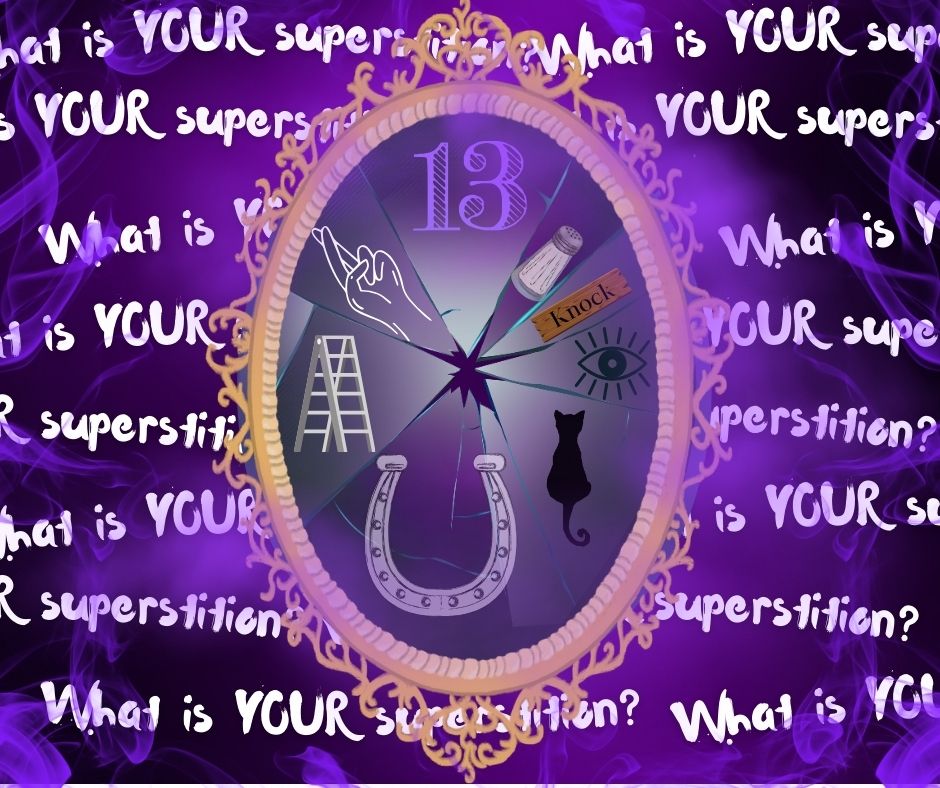
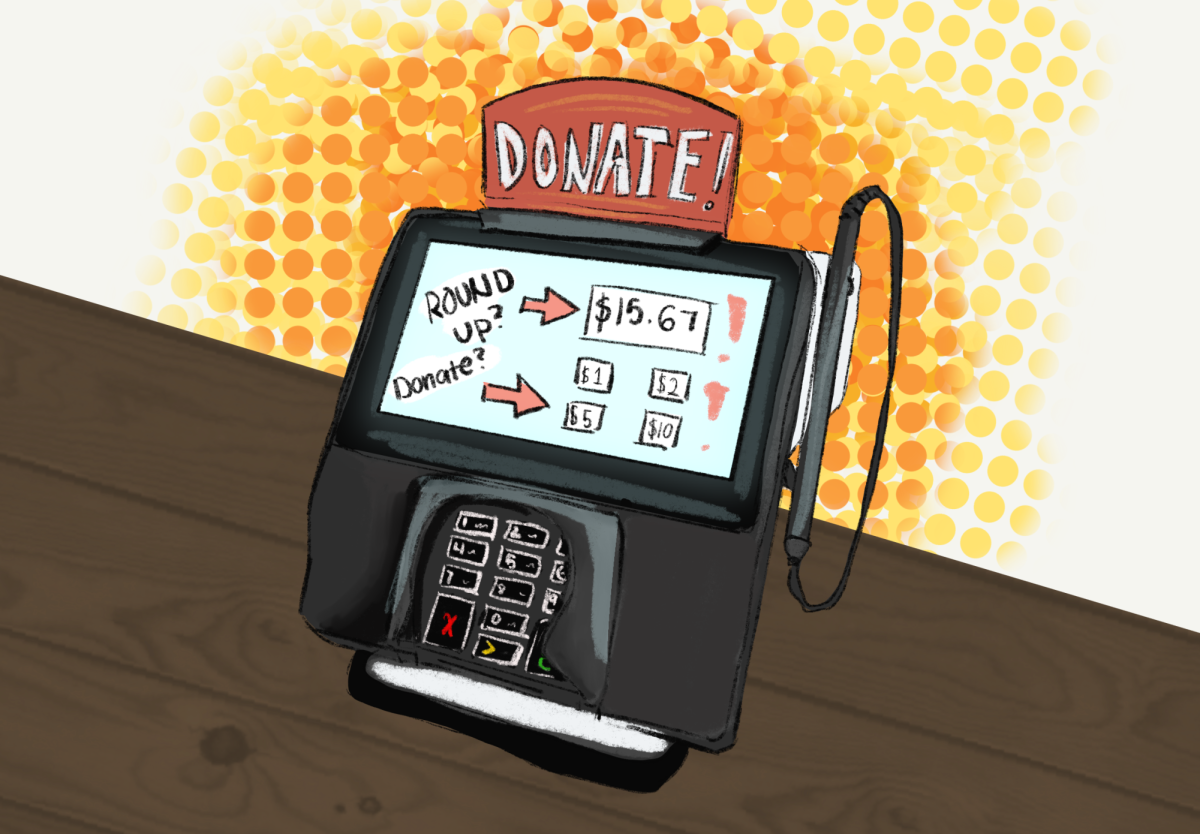

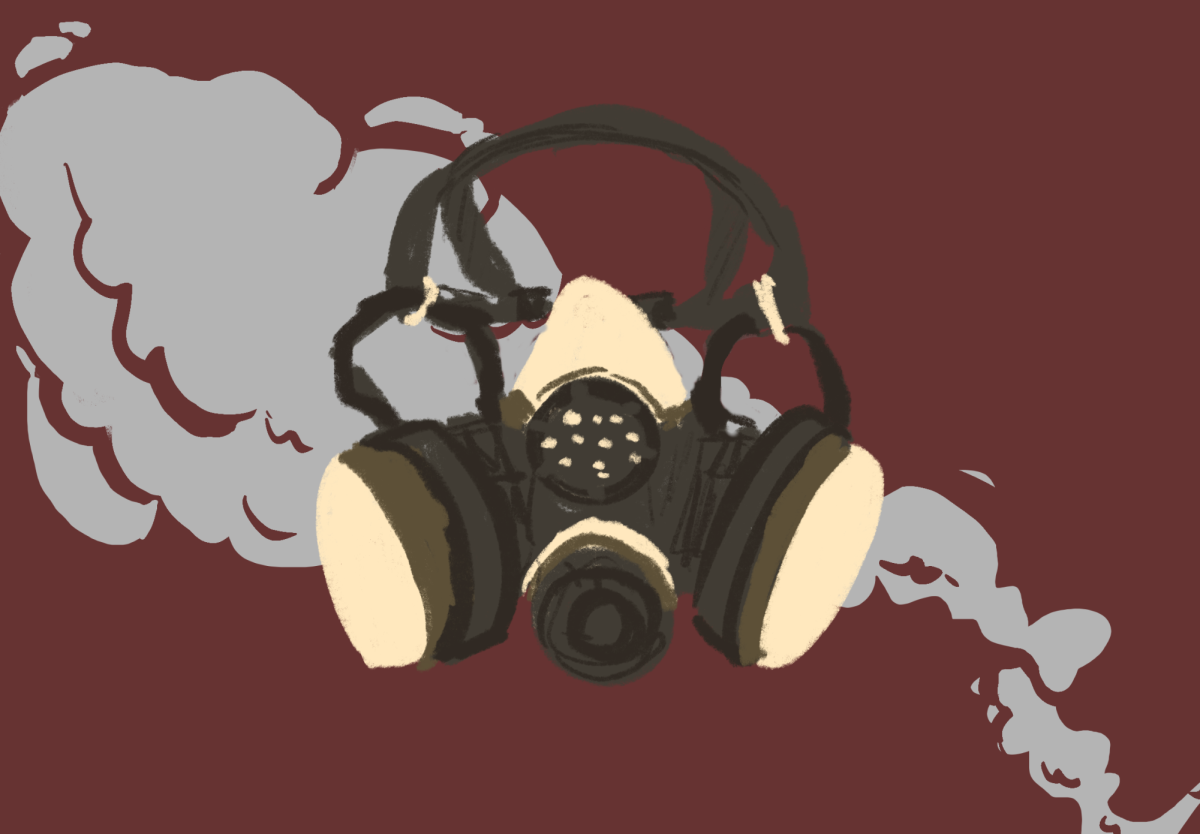
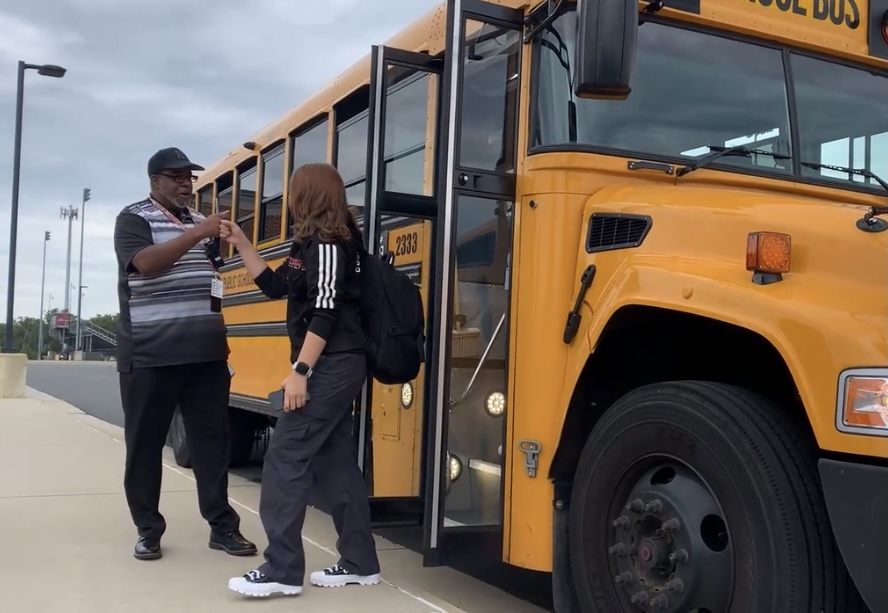

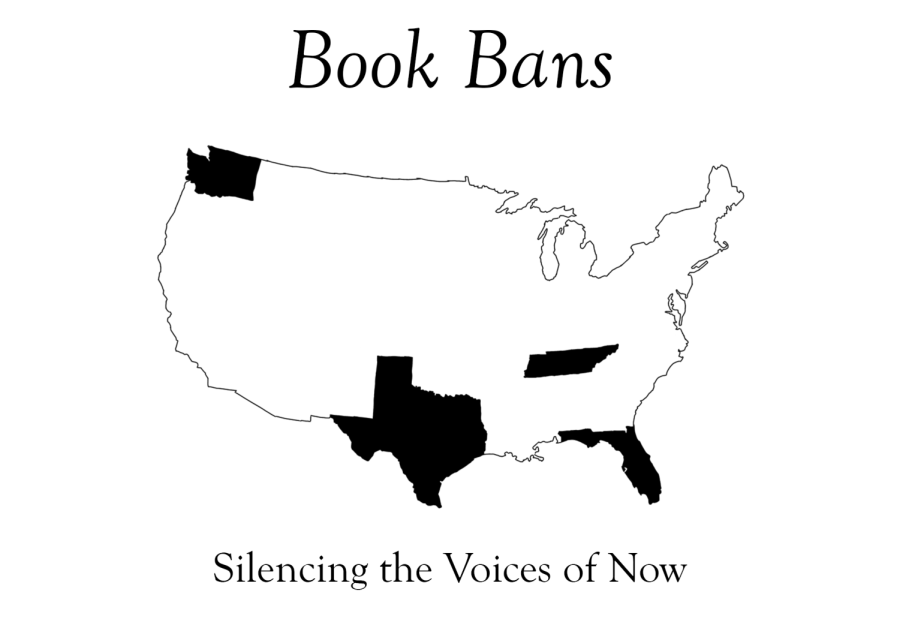


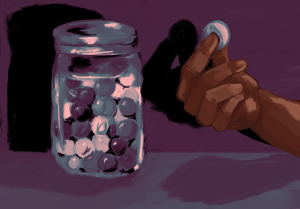
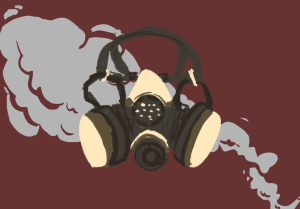

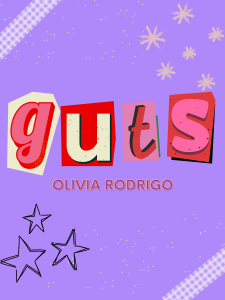




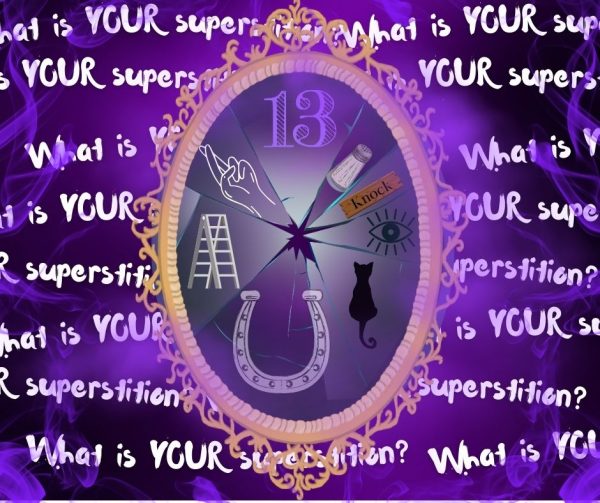
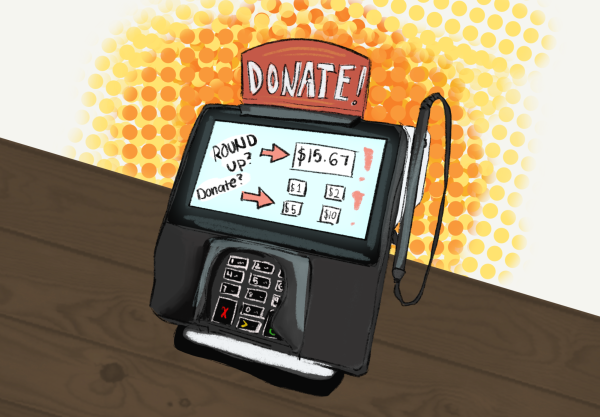

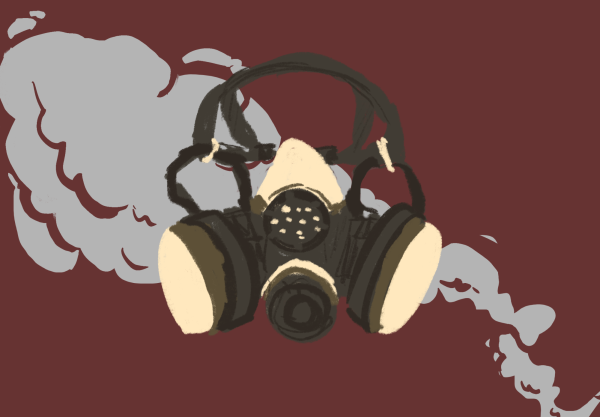
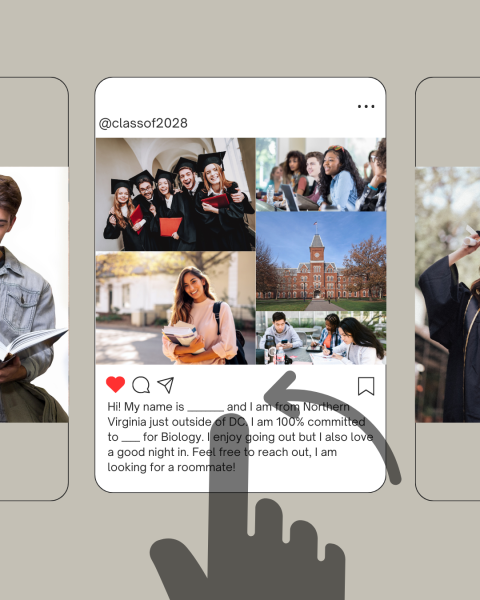
![Gracing stages, football games, and even the big screen, Taylor Swifts popularity doesn’t seem to be declining anytime soon as she’s been almost everywhere on social media, and just this December, [Swift] won TIME Magazine’s Person of the Year award. This brought along magnificent pictures of Swift, articles praising her, and some controversy between Swifites (Swifts most devoted fans), and other people on whether or not she should have won this award.](https://theblazerrhs.com/wp-content/uploads/2024/04/taylor-swift-person-of-the-year-1-547x600.png)
